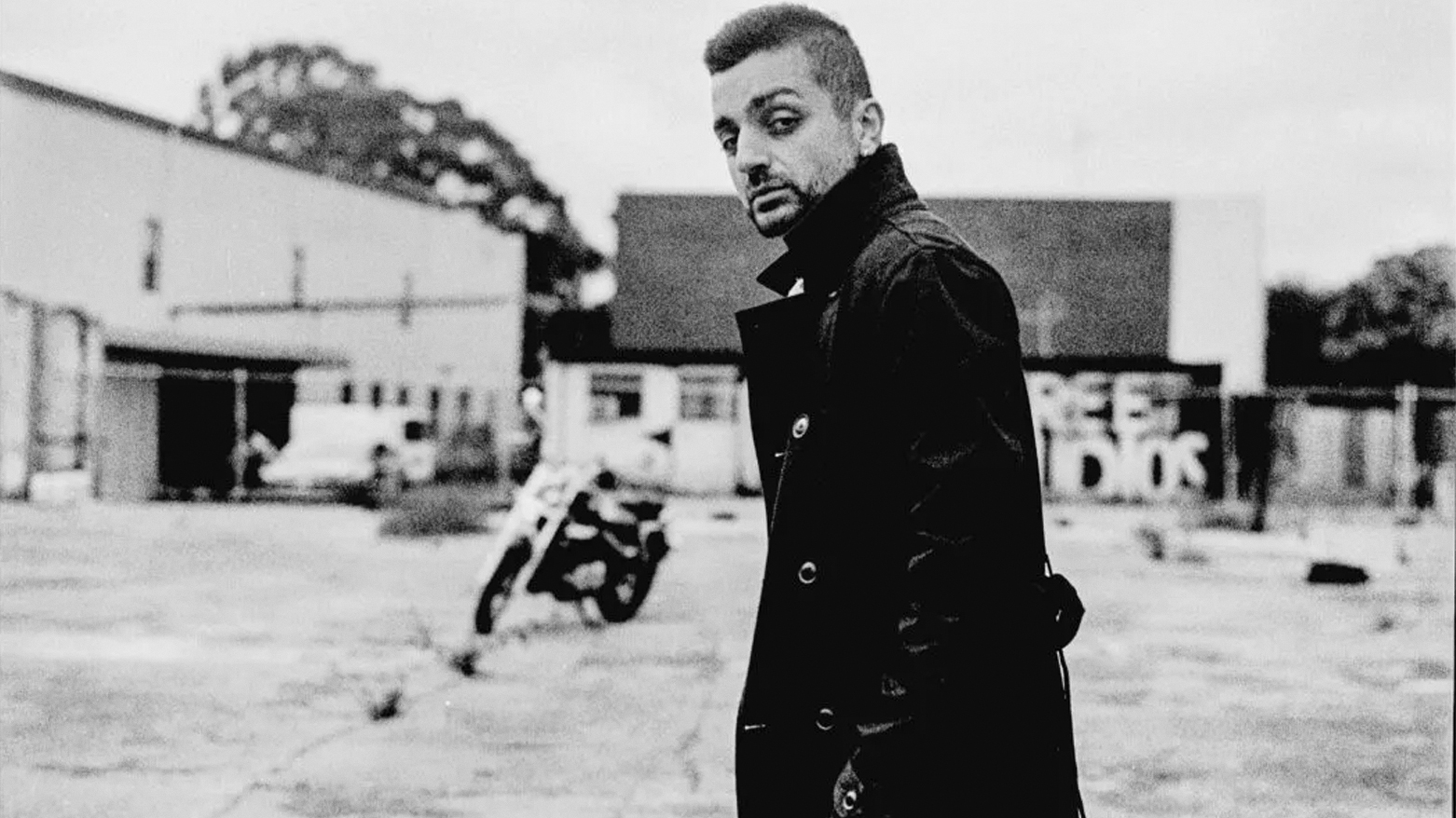Kurdish Actor Rahel Romahn Shines in Hollywood Spotlight
With roles in Furiosa: A Mad Max Saga and The Surfer alongside Nicolas Cage, Romahn's rising international profile is now drawing attention in the Kurdistan Region, where his latest film is screening.

By Kamaran Aziz
ERBIL (Kurdistan24) — Born in Sulaimani and raised in Australia after leaving Iraq as a refugee in 1996, Kurdish actor Rahel Romahn is carving a formidable path through global cinema, earning acclaim for his intense performances and resilient journey.
With appearances in major productions like Furiosa: A Mad Max Saga and the newly released The Surfer, where he stars alongside Nicolas Cage, Romahn’s rising international profile is capturing attention both in Australia and now in the Kurdistan Region, where his latest film is screening in local cinemas.
Romahn, who plays the character "Vulture" in Furiosa and "The Estate Agent" in The Surfer, has been praised for his versatility and emotional depth.
According to his IMDB biography, he has worked professionally in film, television, and theatre since the age of 13 and is considered one of Australia's most promising acting talents. He received the prestigious Heath Ledger Scholarship in 2022, an honor awarded to only a handful of actors and regarded as Australia’s richest acting prize.
His breakthrough came with a critically lauded role in the SBS drama The Principal, for which he received nominations for both AACTA and Logie Awards. In that series, Romahn portrayed Tarek Ahmad, a troubled Syrian refugee navigating life in an Australian high school — a role that mirrored elements of Romahn’s own refugee upbringing and which allowed him to challenge stereotypes of Middle Eastern characters on screen.
Speaking to Australia’s Sunday Morning Herald, he remarked, “The beautiful thing about this character in The Principal is we get to see past this facade of hostility... That hostility is actually the yearning for connection.”
Despite lacking formal acting training, Romahn has performed at the prestigious Sydney Theatre Company, most recently starring as Mozart in Amadeus opposite Michael Sheen during the Sydney Opera House’s 50th anniversary.
His commitment to the craft, shaped by years of personal hardship and cultural displacement, has earned him a reputation for raw intensity and dedication.
Romahn’s rise has not been without struggle. In interviews, he has recalled being bullied as a child for being different — a Kurdish refugee in suburban Australia — and how those experiences led him to retreat into the world of film.
"Being bullied forced me into isolation, and all I had was the voices and accents from TV shows and movies," he shared with the Sunday Morning Herald. Those lonely days spent watching Al Pacino and Sean Penn, and rehearsing their performances in front of a mirror, laid the foundation for his eventual emergence as a formidable actor.
As The Washington Post has noted in broader coverage of actors challenging Hollywood's typecasting, Romahn’s ability to step beyond roles shaped purely by ethnicity is part of a growing movement.
For Romahn, breaking out of the limitations imposed by appearance has meant focusing on the craft. He told the Sunday Morning Herald, “If you're able to deliver, they'll go, ‘Oh wow, this guy can do other things, different accents, and always brings such commitment to his roles.’”
With The Surfer now screening across the Kurdistan Region, audiences at home have a chance to celebrate one of their own. Romahn's journey from Sulaimani to Sydney, and from there to major Hollywood productions, is not only a story of personal triumph but a broader narrative of representation and resilience.
As he continues to defy typecasting and broaden his artistic range, Rahel Romahn is fast becoming a global ambassador of Kurdish talent on the world stage.
His story, built on both hardship and unrelenting passion, resonates far beyond the screen. For many young people in Kurdistan and the diaspora, Romahn is living proof that identity, when paired with tenacity and craft, can be a powerful force in shaping the future of cinema.
